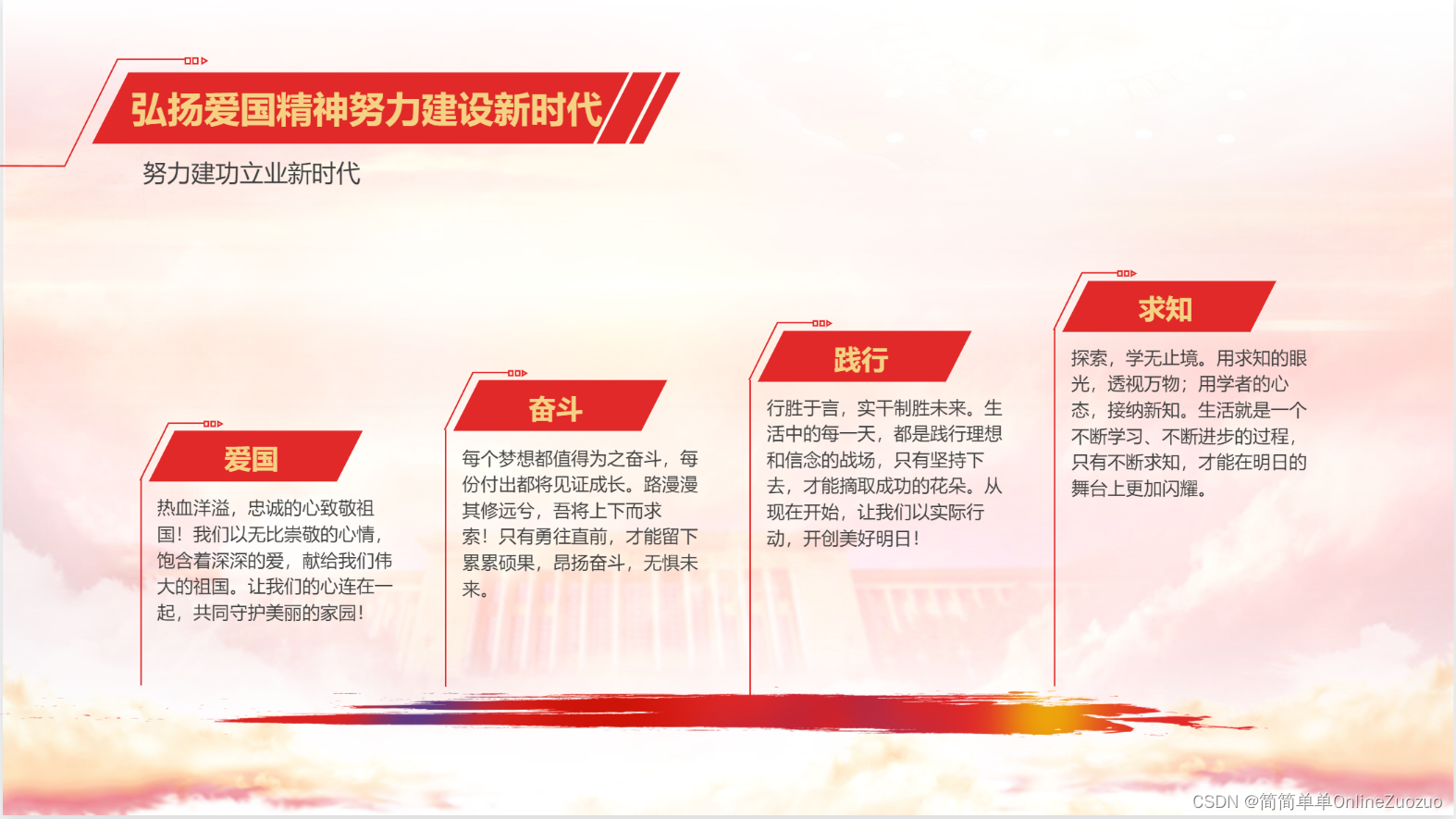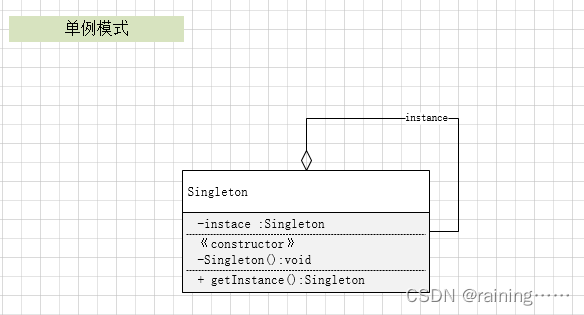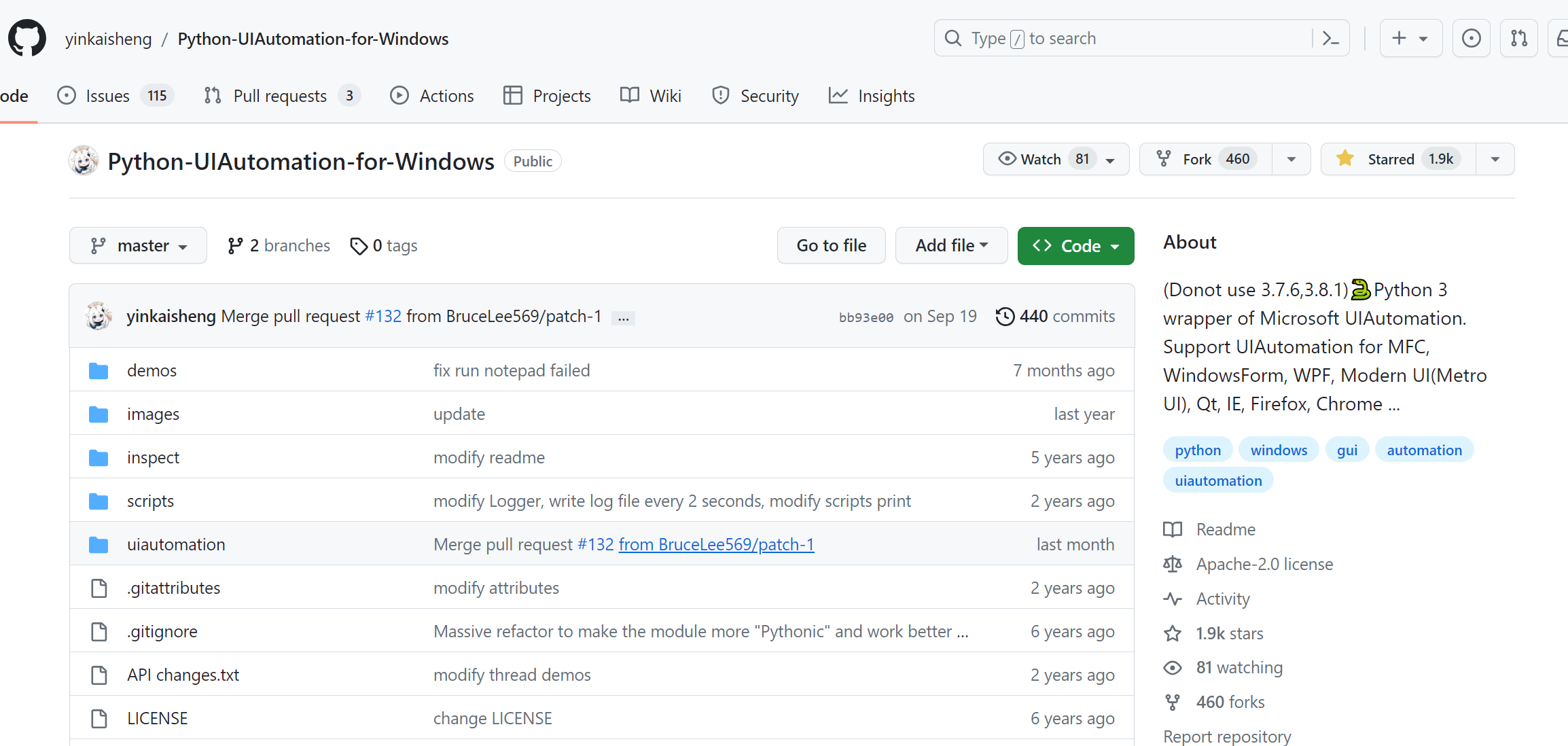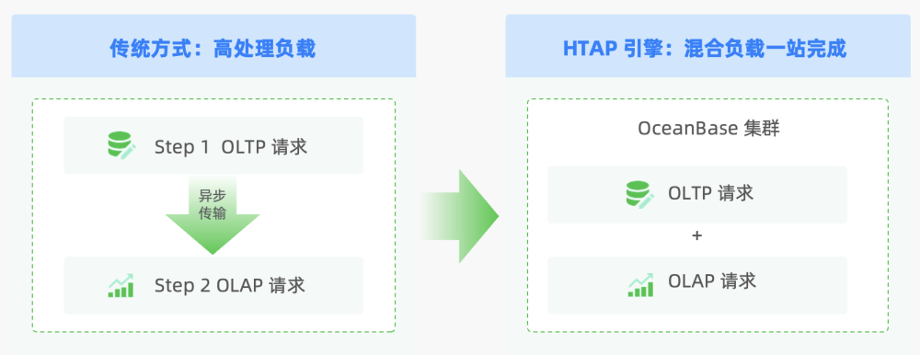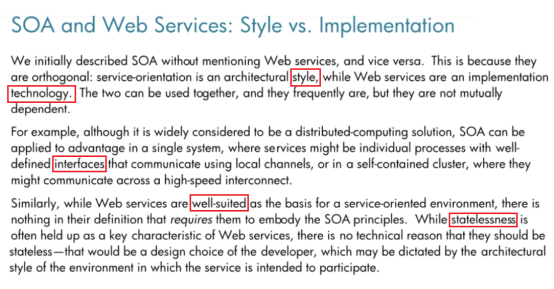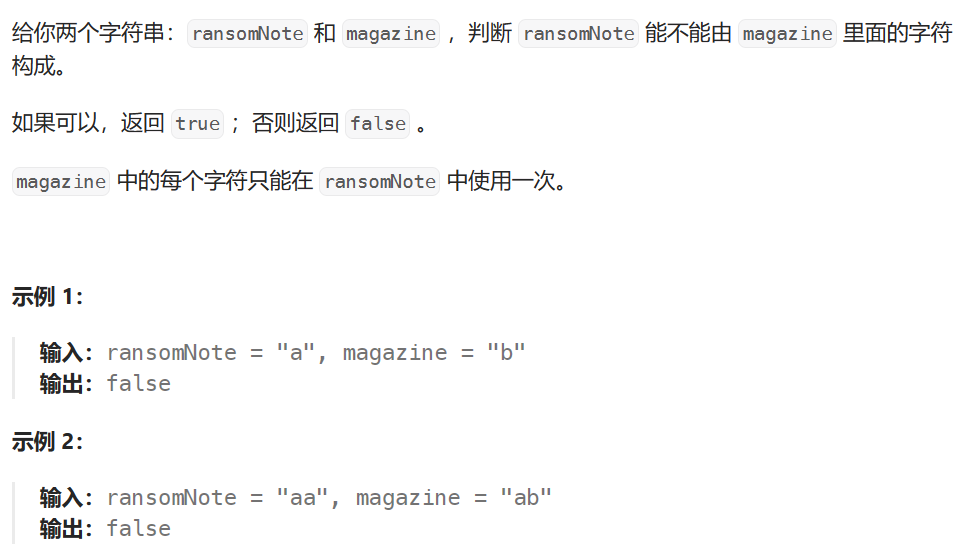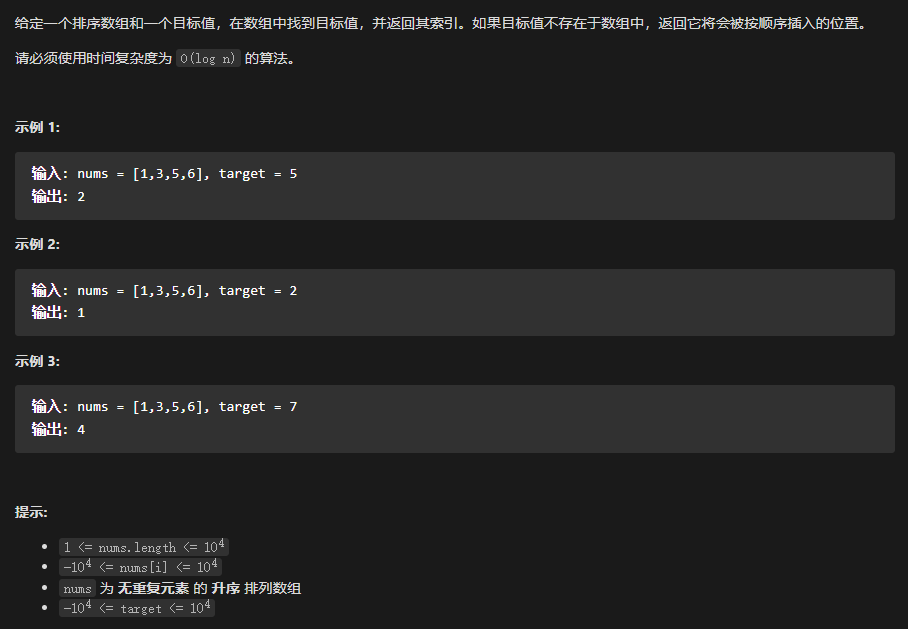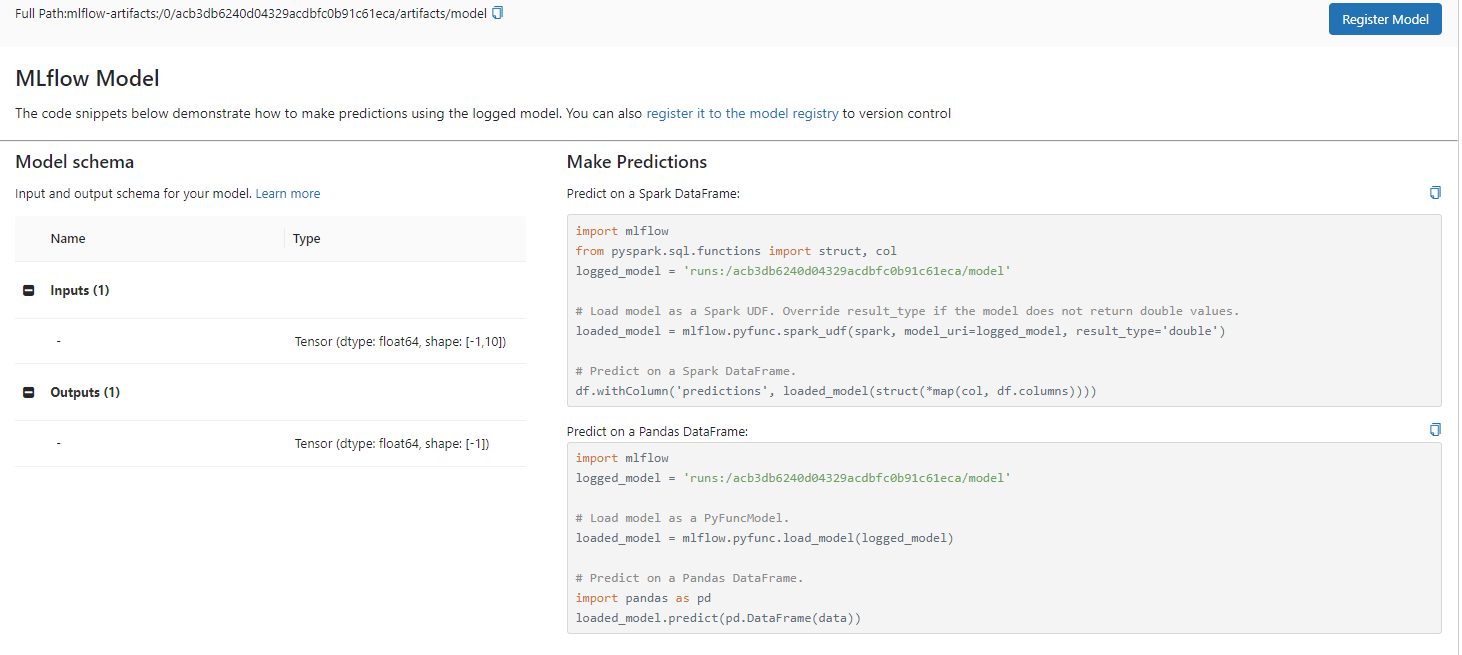目录
- 1、Demo案例
- 2、请求一个带cookies的get请求
- 3、请求一个带cookies的post请求
- 案例一,案例二的properties的配置
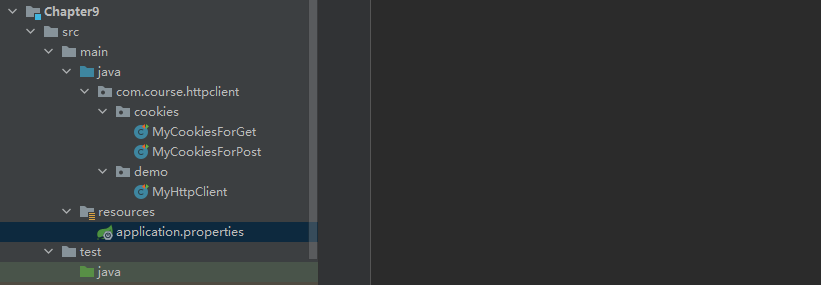
1、Demo案例
public class MyHttpClient {
@Test
public void test1() throws IOException {
//用来存放我们的结果
String result;
HttpGet get = new HttpGet("http://www.baidu.com");
//这个是用来执行get方法的
HttpClient client = new DefaultHttpClient();
HttpResponse response = client.execute(get);
result = EntityUtils.toString(response.getEntity(),"utf-8");
System.out.println(result);
}
}
2、请求一个带cookies的get请求
需要结合mock服务
public class MyCookiesForGet {
private String url;
private ResourceBundle bundle;
//用来存储cookies信息的变量
private CookieStore store;
@BeforeTest
public void beforeTest(){
bundle = ResourceBundle.getBundle("application", Locale.CHINA);
url = bundle.getString("test.url");
}
@Test
public void testGetCookies() throws IOException {
String result;
// 从配置文件中 拼接测试的url
String uri = bundle.getString("getCookies.uri");
String testUrl = this.url+uri;
// 测试逻辑代码书写
HttpGet get = new HttpGet(testUrl);
DefaultHttpClient client = new DefaultHttpClient();
HttpResponse response = client.execute(get);
result = EntityUtils.toString(response.getEntity(),"utf-8");
System.out.println(result);
//获取cookies信息
this.store = client.getCookieStore();
List<Cookie> cookieList = store.getCookies();
for (Cookie cookie : cookieList){
String name = cookie.getName();
String value = cookie.getValue();
System.out.println("cookie name = " + name
+ "; cookie value = " + value);
}
}
@Test(dependsOnMethods = {"testGetCookies"})
public void testGetWithCookies() throws IOException {
String uri = bundle.getString("test.get.with.cookies");
String testUrl = this.url+uri;
HttpGet get = new HttpGet(testUrl);
DefaultHttpClient client = new DefaultHttpClient();
//设置cookies信息
client.setCookieStore(this.store);
HttpResponse response = client.execute(get);
//获取响应的状态码
int statusCode = response.getStatusLine().getStatusCode();
System.out.println("statusCode = " + statusCode);
if(statusCode == 200){
String result = EntityUtils.toString(response.getEntity(),"utf-8");
System.out.println(result);
}
}
}
3、请求一个带cookies的post请求
需要结合mock服务
public class MyCookiesForPost {
private String url; //定义成全局变量
private ResourceBundle bundle;//设置成全局变量
//用来存储cookies信息的变量
private CookieStore store; //定义成全局变量
@BeforeTest
public void beforeTest(){
bundle = ResourceBundle.getBundle("application", Locale.CHINA);
url = bundle.getString("test.url");
}
@Test
public void testGetCookies() throws IOException {
String result;
// 从配置文件中 拼接测试的url
String uri = bundle.getString("getCookies.uri");
String testUrl = this.url+uri;
// 测试逻辑代码书写
HttpGet get = new HttpGet(testUrl);
DefaultHttpClient client = new DefaultHttpClient();
HttpResponse response = client.execute(get);
result = EntityUtils.toString(response.getEntity(),"utf-8");
System.out.println(result);
//获取cookies信息
this.store = client.getCookieStore();
List<Cookie> cookieList = store.getCookies();
for (Cookie cookie : cookieList){
String name = cookie.getName();
String value = cookie.getValue();
System.out.println("cookie name = " + name
+ "; cookie value = " + value);
}
}
@Test(dependsOnMethods = {"testGetCookies"})
public void testPostMethod() throws IOException {
String uri = bundle.getString("test.post.with.cookies");
//拼接最终的测试地址
String testUrl = this.url + uri;
//声明一个Client对象,用来进行方法的执行
DefaultHttpClient client = new DefaultHttpClient();
//声明一个方法,这个方法就是post方法
HttpPost post = new HttpPost(testUrl);
//添加参数
JSONObject param = new JSONObject();
param.put("name","huhansan");
param.put("age","18");
//设置请求头信息 设置header
post.setHeader("content-type","application/json");
//将参数信息添加到方法中
StringEntity entity = new StringEntity(param.toString(),"utf-8");
post.setEntity(entity);
//声明一个对象来进行响应结果的存储
String result;
//设置cookies信息
client.setCookieStore(this.store);
//执行post方法
HttpResponse response = client.execute(post);
//获取响应结果
result = EntityUtils.toString(response.getEntity(),"utf-8");
System.out.println(result);
//处理结果,就是判断返回结果是否符合预期
//将返回的响应结果字符串转化成为json对象
JSONObject resultJson = new JSONObject(result);
//获取到结果值
String success = (String) resultJson.get("huhansan");
String status = (String) resultJson.get("status");
//具体的判断返回结果的值
Assert.assertEquals("success",success);
Assert.assertEquals("1",status);
}
}
案例一,案例二的properties的配置
test.url=http://localhost:8899
dev.url=http://localhost:8899
getCookies.uri=/getCookies
test.get.with.cookies=/get/with/cookies
test.post.with.cookies=/post/with/cookies
login=/login



